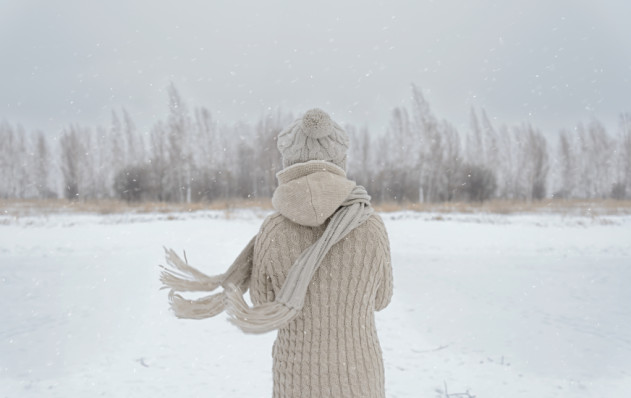I understand the urge to disappear into a dark room and emerge once January 2nd comes around. But it’s not a healthy choice.
The holiday season is generally viewed as a joyful and chaotic season. Many people participate in long established traditions. For some it’s a time to return to a childhood home. For others, it’s a chance to open their own home to family and friends. But for those mourning the loss of a loved one, the holiday season can become a daunting obstacle course, where every “celebration” is a painful reminder of the person who has died.
I have been through it many times. My parents both died when I was in my 20s. My much beloved brother followed a decade later. Now in my 40s, I have grieved with my partner through the loss of her parents and aunt.
As tempting as it might be, I have seen the damage done by choosing to simply sit out the holidays. After my dad died, my mother all but cancelled Thanksgiving and Christmas celebrations. Her house used to fill up with her eight children and dozens of grandchildren, but after my father was gone, holidays became three or four of us eating a scaled down version of a holiday meal and ending our commemoration of the day by noon. Mostly I remember how oppressively dark and quiet the house was during those times.
My heart aches for the pain she carried after my dad died. I understand the urge to disappear into a dark room and emerge once January 2nd comes around. But it’s not a healthy choice. My mother never resumed her life after my dad died; she allowed his empty presence to take over her house. She was 63 years old. Her life didn’t have to be over.
There is not a single day, much less a holiday, when I don’t miss the people I have lost. Metaphorically, there will always be an empty chair at my holiday table for each of them—a space no one else can ever fill. But part of life is then pulling out some new chairs for the table, being open to the possibility that new people and new traditions can sit alongside those we have lost.
But make no mistake, the first year after losing a loved one is particularly brutal. The holidays are a test of endurance. Since that early experience with my mother, I have relied on the cognitive behavior therapy adage “fake it until you make it” to get me through the holidays during years of mourning. Sometimes you just have to go through the motions until you get your spark back. The first Christmas after my father-in-law died, the meal we ate could just as well have been cardboard and sawdust. Every part of the day felt wrong without him there. But we went through the motions and then the next year my son was born and he was the light that sparked the holidays for me once again.
Sometimes you have to start new traditions. This Thanksgiving is the first we will celebrate without my partner’s aunt who died in the spring. Our tradition with her was dinner out at a Polish buffet. Our new tradition is a beach vacation and spending time with friends. We will miss Aunt Lucille and we will reminisce about our holiday memories with both of our families, but we will also be open to enjoying the warm ocean and growing closer to other people in our lives.
It’s hard. Even though missing a loved one becomes less agonizing over time, the holidays are always a flash point. If you know someone going through it, my best advice is to walk with them the best you can. In this case, having someone validate your pain is infinitely more helpful than them trying to “cheer you up.”
And if you’re grieving this holiday season, please be easy with yourself. And know that happy new memories will eventually sit with the memories of those you have lost.
Anne Penniston Grunsted writes about parenting, disability, and family life from her perspective as a lesbian mama. She has been published in The Washington Post, Brain, Child Magazine, Mamamia, and won the 2014 Nonfiction prize from Beecher’s Magazine. She lives in Chicago with her partner and son.
Related Links:

